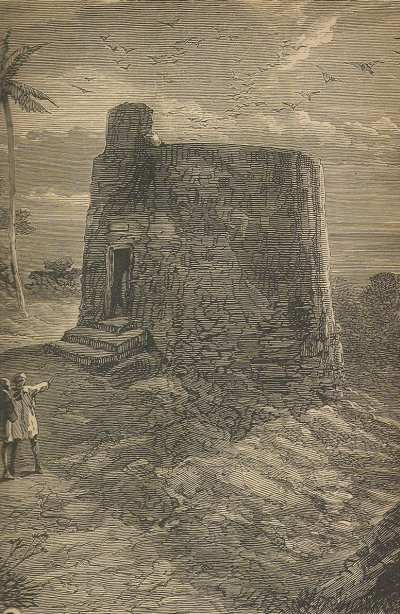
I am caught between the snake and the prey right now. Let's hope no swallowing is involved.
Here's a poem which circumstances demanded, though not in the way the poem implies. I just found out that Down Dirty Word nominated it for one of the best of the web anthologies. I appreciate that gesture, Katie and Jim. It wears its spleen on its sleeve, ergo, won't get in. But anyway, here it is:
Cutter
Between the witching hour and its successor, I caught her with my utility knife in the open closet, drawing a dark rill of blood from her forearm; I watched unsure of what to say or do, frozen, more or less, in the mountain of air separating us. Wise words slipped from my mouth like indigo birds into the caries-colored early evening, supported by nothing I could draw on from reality. In the end, this poem will rise and fall on the relative success of what I should have said, known, thought, or taught. Before. Instead things fall apart as I grasp her by the forearm, press the brachial artery and try to ignore her pleading, I just want to die, then Daddy, then Daddy again. When all the bad things happen in the world, someone told me once, God's heart is the first to crack, but no one, no thing breaks our silent lock. I hold her in my arms; my hand fills with her blood. Her pale face a giant tear. Her blood sauna-warm. I wish I could say something shifted in me too. But I just wanted my daughter to be well enough to someday peek at me over the edge of a book and smile.

Rusty: this is a real good poem, thank you
ReplyDelete